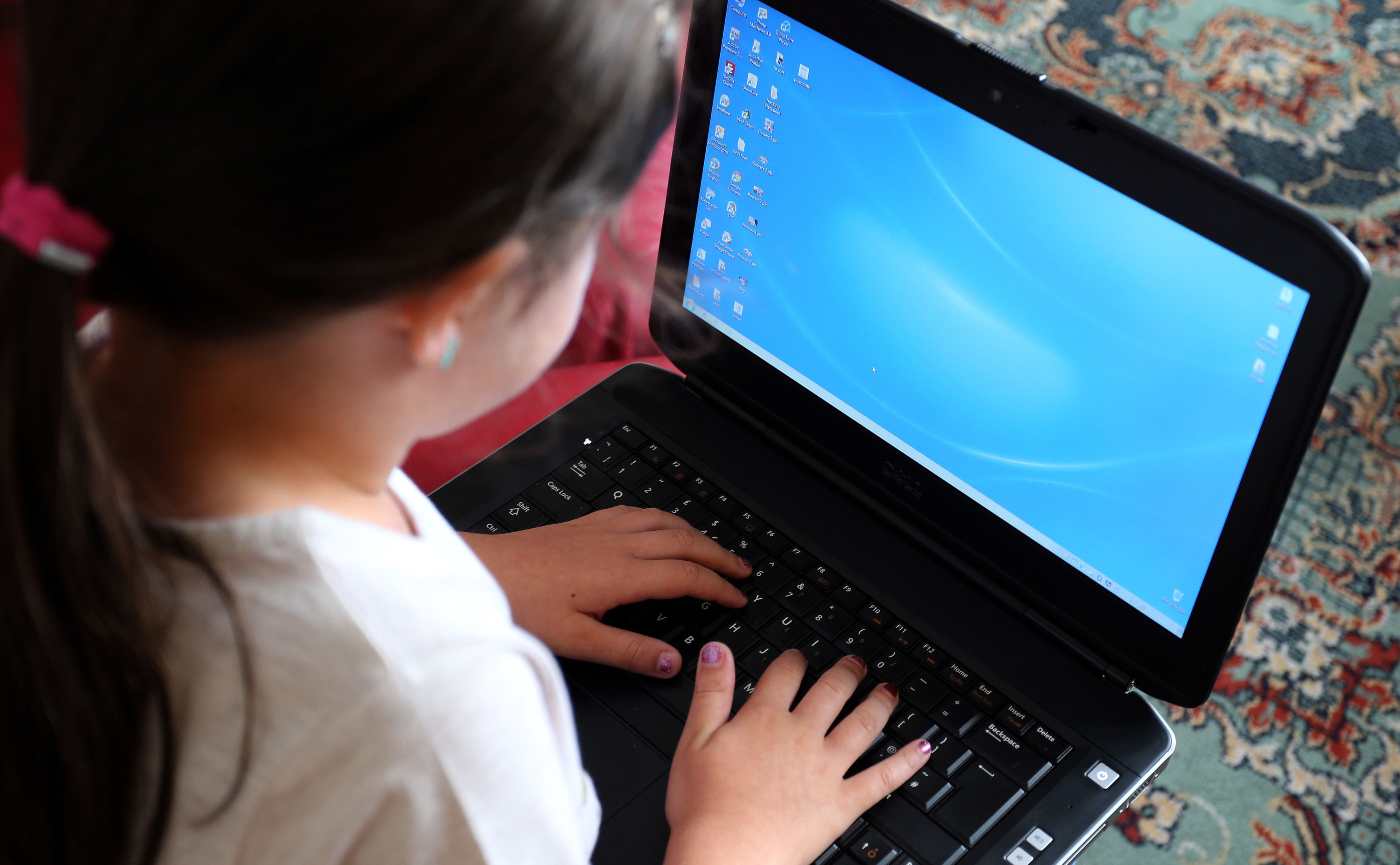
ONE in five children would be happy to have an “online-only” relationship having never actually met the other person, according to a new study.
The research, by charity Internet Matters, also found that one in four 11 to 16-year-olds thought it would be easier to find love online than face to face.
Of those asked who were already in a relationship, 10% said they only communicated online and a third of all asked said they spent time making pictures look perfect before posting them on social media.
The survey was carried out by the organisation to highlight the importance of children building up their “digital resilience” so they can deal with the emotional ups and downs of living out their lives online.
The not-for-profit group has launched a new set of resources to help parents raise their children in the internet age.
Internet Matters ambassador Dr Linda Papadopoulos said: “These figures reveal just how much relationships have changed as a result of the internet and social media and how children are continually facing new challenges.
“First love has always been a minefield – and even more so in the digital age when it’s all about sharing your life online.
“With all the benefits this brings, there will be times that children need to be resilient against the bad stuff that happens.
“By building a child’s digital resilience, parents will not only help keep their child safe online but essentially empower them to navigate digital issues on their own.”
Carolyn Bunting, chief executive of Internet Matters, said: “We found that the majority of children see the role the internet plays when they build relationships as a positive thing.
“Yet some may not have the emotional maturity to understand some of the problems they might face.
“We’re pleased to have worked with Dr Linda Papadopoulos to provide practical resources which will hopefully help parents guide their children to become digitally resilient and cope with challenges they face online but also know when to seek support.
“The key thing is for parents to talk to their children, and our resources enable them to do more confidently.”

Enjoy the convenience of having The Sunday Post delivered as a digital ePaper straight to your smartphone, tablet or computer.
Subscribe for only £5.49 a month and enjoy all the benefits of the printed paper as a digital replica.
Subscribe